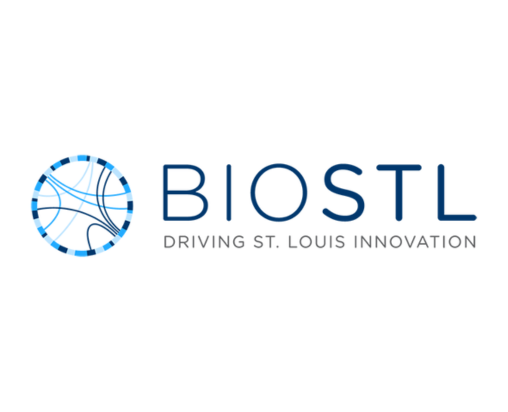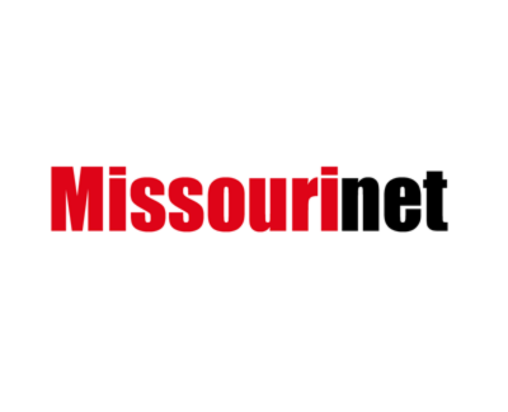St. Louis' NEURO360 Advances in NSF Innovation Engines Competition
St. Louis, MO – The St. Louis region’s NEURO360 initiative has been selected as one of 71 teams advancing in the National Science Foundation’s Regional Innovation Engines (NSF Engines) program. NEURO360 (“Neuroscience Engine to Unlock Regional Opportunity”) represents a coalition of universities, public sector partners, businesses, health care groups, and nonprofits, led by BioSTL and Washington University. This recognition positions St. Louis as a leading contender for up to $160 million in federal funding to enhance the region’s neuroscience ecosystem, drive innovation, and create high-quality jobs.
About NEURO360
NEURO360 leverages St. Louis’ unique strengths in neuroscience and neurotechnology to advance research, commercialization, and workforce development. Anchored by Washington University School of Medicine, the initiative unites regional assets to address global challenges, including health inequities, through groundbreaking innovation and inclusive economic growth.
“WashU and our partner BioSTL are proud of our long-standing relationship with the NSF and pleased to be among the Missouri institutions invited to submit a full proposal for the engines competition,” Washington University Chancellor Andrew D. Martin said. “We’re grateful to the NSF for its consideration, as well as to Governor Mike Parson and our partners in Jefferson City whose support allows us to push the boundaries of what’s possible to benefit all Missourians. We’re excited for the opportunity to contribute to our regional workforce ecosystem with this potential federal funding.”
NSF Engines Program Overview
The NSF Engines program, authorized by the bipartisan CHIPS and Science Act of 2022, seeks to empower regions across the United States as global leaders in technology-driven economic development. “The teams invited to submit a full proposal have shown through their preliminary proposal submissions how they will knit together innovative ideas, talent and resources in their respective regions to accelerate the development of key technologies,” said Erwin Gianchandani, NSF assistant director for Technology, Innovation and Partnerships. “Collectively, they are well positioned to directly contribute to strengthening our nation’s competitiveness and security for the mid-21st century.”
Next Steps
Organizations submitted preliminary proposals in August 2024 and will now develop full proposals due by February 2025. These proposals will outline how the NEURO360 Engine will harness St. Louis’ talent, infrastructure, and technology to bring neuroscience solutions to market.
“While significant work remains, this is a meaningful opportunity to showcase St. Louis as a vibrant, inclusive hub for neuroscience innovation,” said Justin Raymundo, Vice President of Innovation Ecosystem-Building at BioSTL. “We’re committed to fostering groundbreaking technologies while building an equitable economy across our region.”
Proven Regional Strengths
St. Louis’ neuroscience ecosystem is anchored by Washington University School of Medicine, ranked #1 in The National Institutes of Health funding for neurodegenerative disease research. Additional assets include:
• The Institute for Translational Neuroscience at St. Louis University
• The Missouri Institute for Mental Health at the University of Missouri-St. Louis
With over two decades of leadership in bioscience innovation, BioSTL has:
• Launched 100 new bioscience companies
• Attracted $3 billion in capital investments
• Created approximately 1,000 new jobs through BioGenerator Ventures
“The opportunity to serve as lead organization on the NEURO360 Engine embodies why BioSTL exists,” said Donn Rubin, Founding President and CEO of BioSTL. “As the backbone organization for St. Louis’ bioscience innovation ecosystem, BioSTL brings two decades of convening, stewarding, and executing a plan to build a regional ecosystem that will ensure the NEURO360 Engine achieves its vision.”
Of the 71 teams advancing, nearly half of the teams received an NSF Engines Development Award. WashU and BioSTL were awarded this funding in 2023 to support the planning of the NEURO360 Engine. Further, of the 71 teams, the NEURO360 Engine team is one of only 23 teams that are led by nonacademic organizations.
Broader Impacts
The NEURO360 initiative seeks to create career pathways across diverse fields—from manufacturing to lab management—including opportunities for workers without four-year degrees. “Growth in neuroscience benefits more than just scientists. It’s about building an inclusive economy where all residents can thrive,” said Eric Gulve, Principal Investigator and interim CEO of NEURO360. “With continued investment and collaboration, we can elevate St. Louis’ reputation as a neuroscience leader and inspire the next generation of innovators.”
For more information about NEURO360, visit www.neuro360engine.org.





